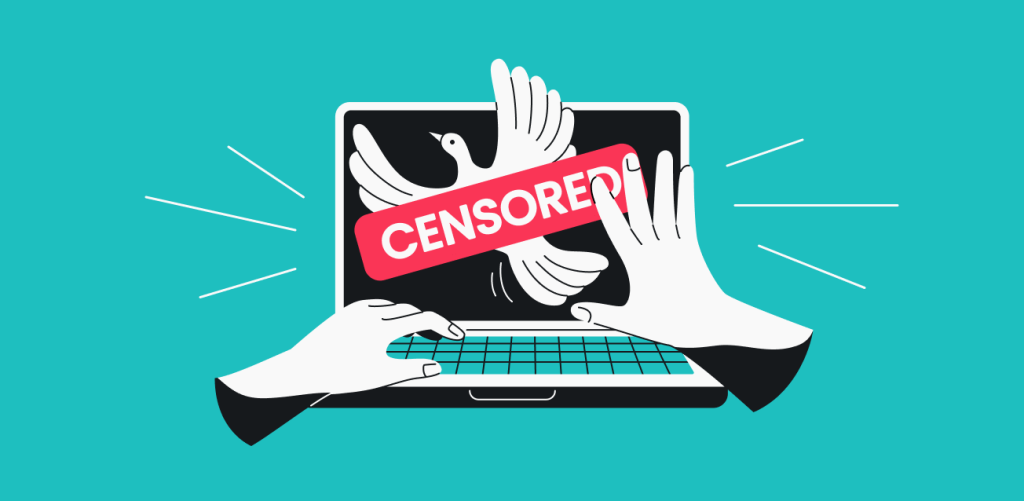Ethereum's Censorship Challenge: Decentralization Under Threat
Struggle Between Blockchain Neutrality and Regulatory Compliance is Apparent in Ethereum
Blockchain technology has long been celebrated for its decentralized, open nature, free from the constraints that shape today's internet. However, a concerning trend is emerging within Ethereum, the world's second-largest blockchain, where increased censorship is raising eyebrows among researchers and users.
In a recent article featured in The Protocol, our weekly newsletter exploring the tech behind crypto, we delve into the complex landscape where decentralized networks collide with regulatory pressures. This revelation challenges the core principles that have defined Ethereum's appeal to its community.
Tornado Cash and the Reach of Sanctions
The turning point occurred when the U.S. government sanctioned Tornado Cash, a privacy mixing program on Ethereum accused of aiding terrorists and other sanctioned entities. Despite initial defiance from blockchain advocates, Ethereum's decentralized construction has not shielded it from a noticeable increase in censorship.
Research conducted by Toni Wahrstätter, a researcher at the Ethereum Foundation, reveals a staggering shift. Approximately 72% of data blocks posted to MEV-Boost, a middleware powering most validators on Ethereum, are now deemed "censored." This marks a significant rise from about 25% recorded in November 2022. These censored blocks intentionally exclude transactions linked to entities sanctioned by the U.S. government.
The Troubling Aspect of Censorship
Wahrstätter emphasizes the gravity of the situation, explaining that "block builders have the authority to decide which transactions (and in which order) they put into their blocks and which they want to censor." This centralization of power contradicts the foundational principle of blockchain technology, where decentralization is meant to empower users and eliminate the influence of centralized entities.
Among the top five block builders, only "Titan Builder" explicitly claims to refrain from "filtering" transactions. However, the potential for heavy censorship looms, with just one builder shifting its stance.
The growing censorship trend represents a departure from Ethereum's original pitch as a network governed by "code is law." The subtle centralization of the network's infrastructure by a few major players, including trading bots and block builders, contradicts the vision of a truly decentralized ecosystem free from external influences.
The Inner Workings of Ethereum and the MEV Economy
Understanding Ethereum's inner workings is crucial in unraveling this issue. The MEV economy, focused on maximizing extractable value, has led to the dominance of a few key players in the validation process. Currently, 90% of validators use MEV-Boost, outsourcing block assembly to third-party builders. This concentration of power has implications for the security and neutrality of the Ethereum chain.
Striking a Balance
As Ethereum grapples with concerns of centralization and censorship, the path forward involves addressing these issues without compromising the core principles of the blockchain. Ethereum's co-founder, Vitalik Buterin, has introduced censorship-curbing software updates in the proposed roadmap. However, implementing solutions such as "private mempools" raises new challenges, potentially introducing higher fees, reduced transparency, and a return to the middlemen blockchain sought to eliminate.
The delicate balance between regulatory compliance and maintaining the decentralized ethos of blockchain technology remains a central challenge for Ethereum and the broader crypto community. As the landscape evolves, finding solutions that uphold the integrity of decentralized networks while navigating regulatory expectations will be crucial for the future of blockchain technology.





